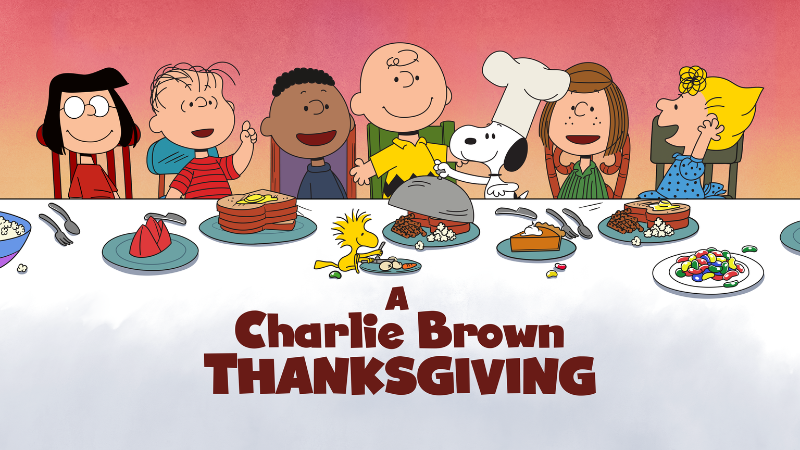The Evolution of Internet Slang: How Digital Speech Revolutionized Modern Communication
Remember when “tweet” just meant the sound a bird makes? Or when “viral” was something you definitely didn’t want to be? The digital revolution hasn’t just changed how we communicate—it’s transformed the very language we use in our daily lives. From boardrooms to classrooms, internet slang has seamlessly woven itself into the fabric of modern communication, creating a rich new linguistic tapestry that bridges our online and offline worlds.
From Niche to Mainstream: The Journey of Digital Dialect
The Early Days
In the 1990s, internet slang was the secret handshake of tech-savvy early adopters. “LOL” and “BRB” were exotic acronyms that marked you as an insider in IRC channels and early chat rooms. These abbreviations were born from necessity—slow internet connections and character limits forced users to be creative with their communication.
The Social Media Revolution
The explosive growth of social media platforms in the 2000s catapulted internet slang into mainstream consciousness. Suddenly, grandparents were ending their Facebook comments with “LOL,” and corporate Twitter accounts were throwing around terms like “FOMO” and “TBH.” What began as digital shorthand evolved into a dynamic, ever-changing language that reflected our increasingly online lives.
The Corporate Adoption
Perhaps the most surprising evolution has been the infiltration of internet slang into professional settings. Today, it’s not uncommon to see:
- “ASAP” in formal business emails
- “FYI” in board meeting presentations
- “IMO” in professional feedback sessions
- “TL;DR” in executive summaries
This shift reflects a broader change in workplace culture, where the lines between formal and informal communication continue to blur.
Impact on Traditional Language
The Oxford English Dictionary Effect
The legitimization of internet slang reached new heights when prestigious dictionaries began including these terms. Words like “FOMO,” “selfie,” and “emoji” aren’t just accepted—they’re officially recognized parts of the English language. This institutional recognition highlights how deeply digital communication has influenced our linguistic evolution.
Cross-Cultural Communication
Internet slang has become a kind of global lingua franca, transcending cultural and linguistic barriers. A “LOL” is understood whether you’re in London, Lagos, or Los Angeles. This universal digital vocabulary has created new opportunities for cross-cultural connection and understanding.
The Psychology Behind the Phenomenon
Emotional Expression
Internet slang has given us new tools for emotional expression. An “OMG” can convey everything from mild surprise to absolute shock, depending on context and repetition (OMGOMGOMG!!!). These expressions have become so ingrained that people often use them in face-to-face conversations, translating digital emotion into verbal communication.
Group Identity and Belonging
The use of internet slang often serves as a marker of group identity. Different communities develop their own specific vocabularies:
- Gamers with terms like “AFK” and “GG”
- Tech professionals using “IIRC” and “RTFM”
- Social media influencers creating new abbreviated trends
The Generation Gap
Digital Natives vs. Digital Immigrants
While younger generations fluently navigate this linguistic landscape, older generations sometimes struggle to keep up. This has created both humorous misunderstandings (parents thinking “LOL” means “lots of love”) and genuine communication challenges in intergenerational interactions.
Educational Impact
Schools now face the challenge of teaching students to code-switch between formal and informal language. While some educators resist the infiltration of internet slang into academic writing, others recognize its role in modern communication and focus on teaching appropriate context for its use.
The Future of Digital Communication
Evolution Continues
New platforms continue to spawn new terminology. TikTok has given us “POV” in a new context, while Twitter’s character limit keeps generating creative abbreviations. This evolution shows no signs of slowing, suggesting that our language will continue to adapt to new technological constraints and opportunities.
AI and Language Processing
As artificial intelligence becomes more sophisticated, understanding internet slang has become crucial for natural language processing. Chatbots and digital assistants must now be programmed to recognize and appropriately respond to these informal communications.
Conclusion
Internet slang is no longer just a curious subset of language—it’s a fundamental part of how we express ourselves in the 21st century. From its humble beginnings in text messages and chat rooms, it has evolved into a sophisticated system of communication that reflects our increasingly digital lives. As technology continues to advance and new platforms emerge, we can expect this linguistic evolution to accelerate, further blurring the lines between our online and offline worlds.
The next time you catch yourself saying “literally” when you mean “figuratively,” or using “Google” as a verb, remember: you’re not just speaking—you’re participating in one of the most rapid and significant linguistic transformations in human history. And that’s no cap, FR FR.


















